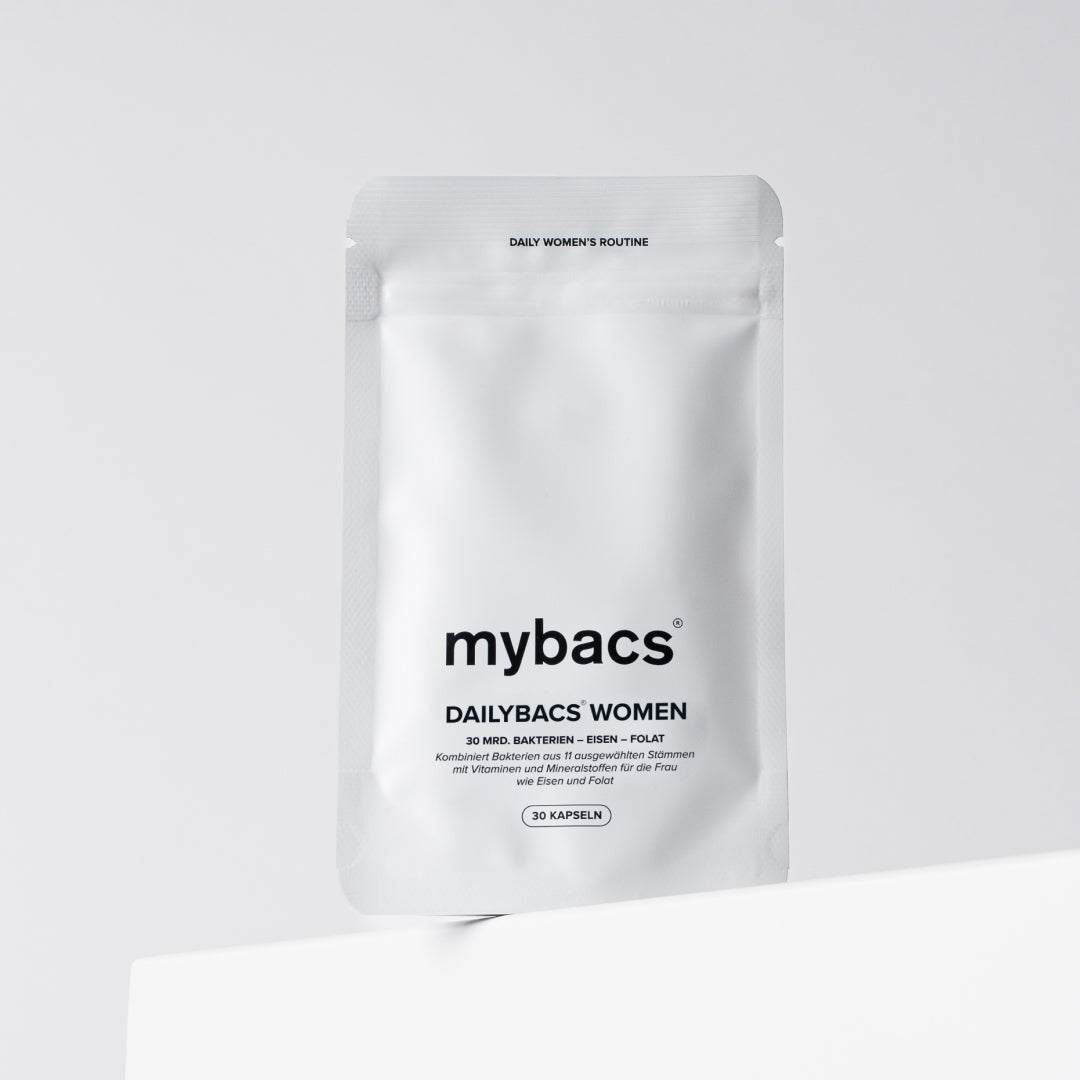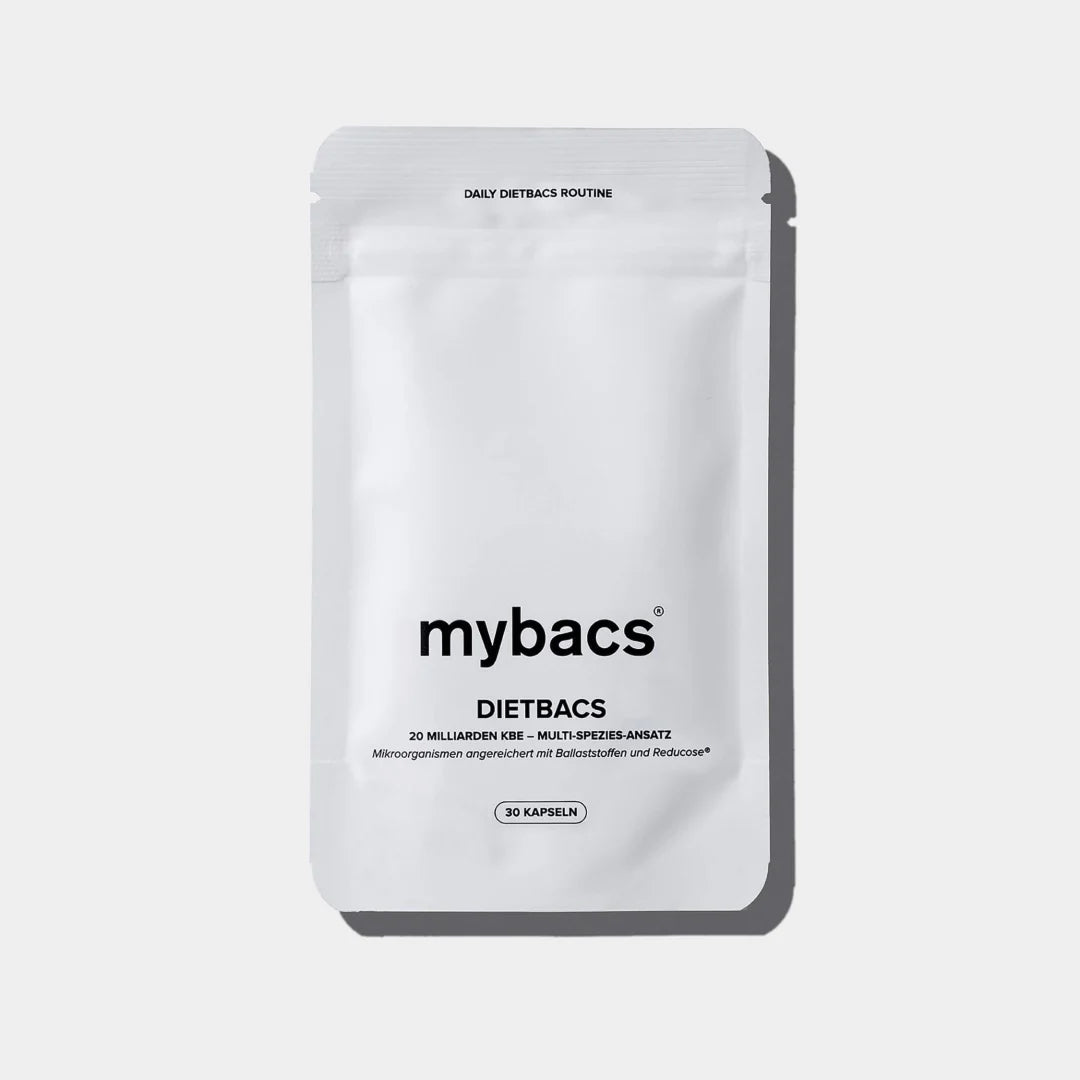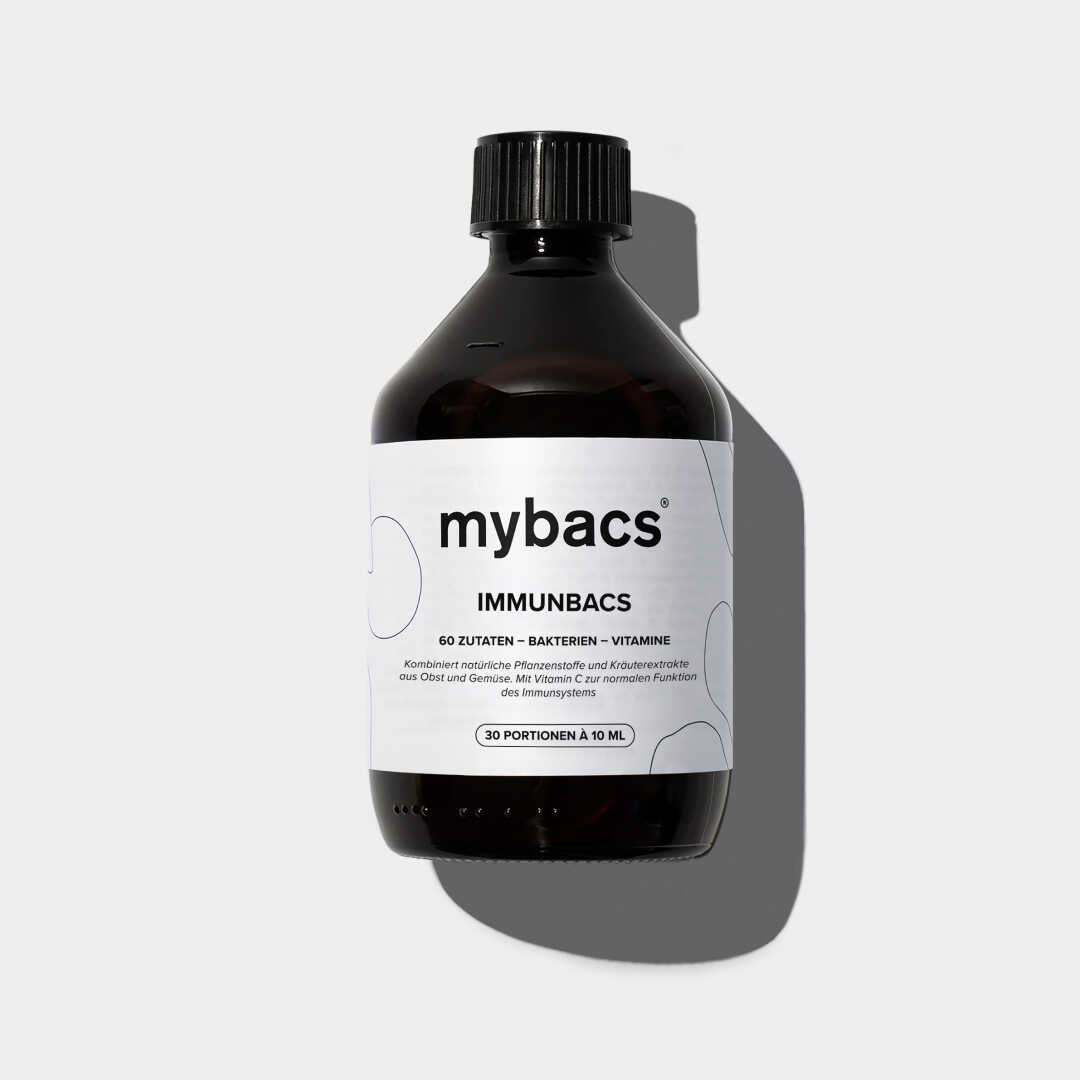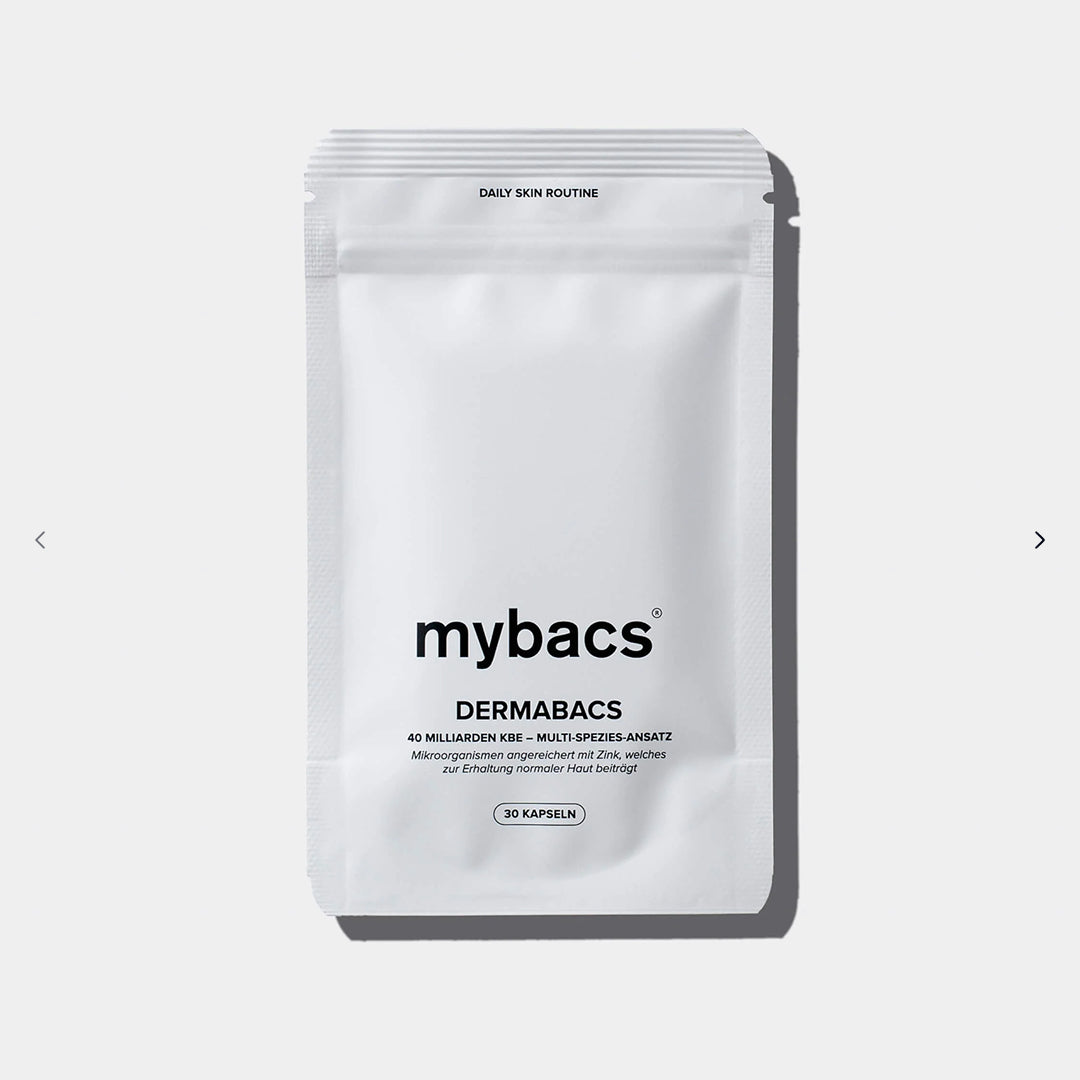How the targeted combination of different bacterial cultures influences the effect of a preparation
Various factors play a role in the effectiveness of probiotics. In addition to the potency of a preparation, which is measured in colony forming units (CFUs), the specific composition is a decisive criterion.
The effect of probiotics is strain-specific, which means that each probiotic bacterium has its own function. Therefore, a combination of different strains can increase effectiveness.
The health-promoting effect benefits not only from the diversity of the composition, but also from synergy effects that occur between the individual cultures. Modern probiotic preparations use this multi-species concept to achieve increased effectiveness.
1. Successful settlement
-
Through different strains with different characteristics.
-
Formation of a probiotic niche – for example by creating an optimal pH value, creating an anaerobic environment and improved adhesion in the intestine.
2. Health-promoting effect
The probiotic effect is increased by the combination of various strain-specific properties:
-
Additive effect - colonization of several probiotic niches.
-
Synergistic effect – total probiotic effect is greater than the sum of the properties of individual strains.
-
Positive interactions – increased activity due to symbiosis through exchange of nutrients.
Source:
Probiotic Evolution: From a Simple Microorganism Strain to a Multi-Species Concept
HM Timmerman, LEM Niers, MO Hoekstra, GT Rijkers
Hippokrates Verlag in MVS Medizinverlage Stuttgart GmbH & Co. KG





